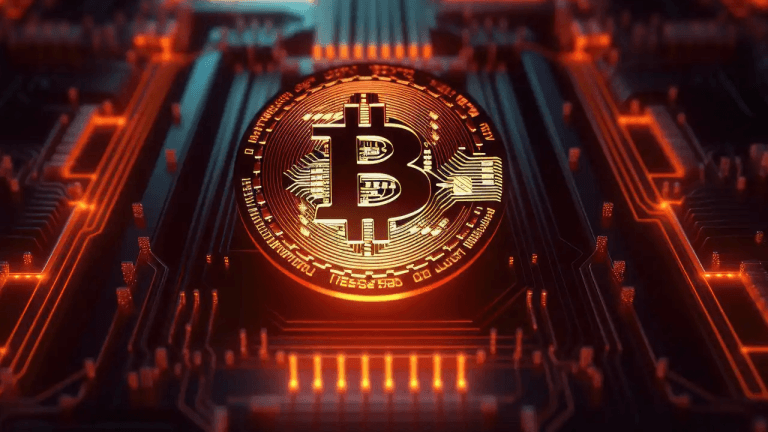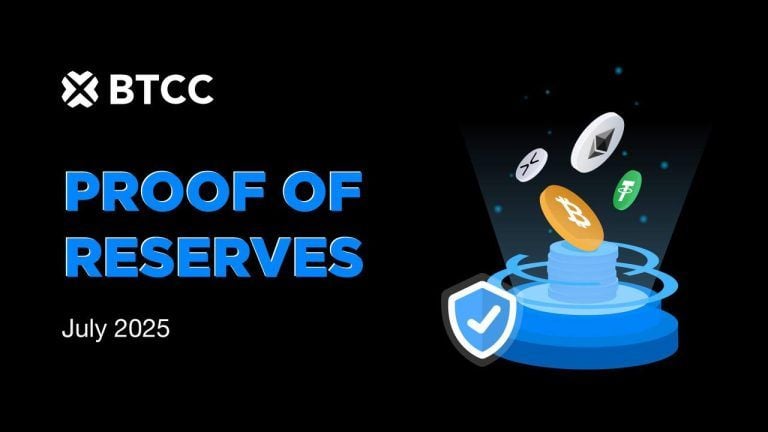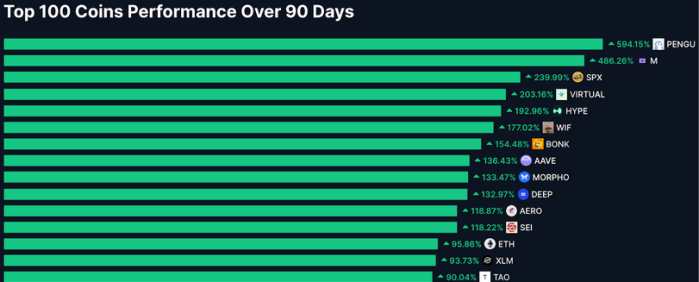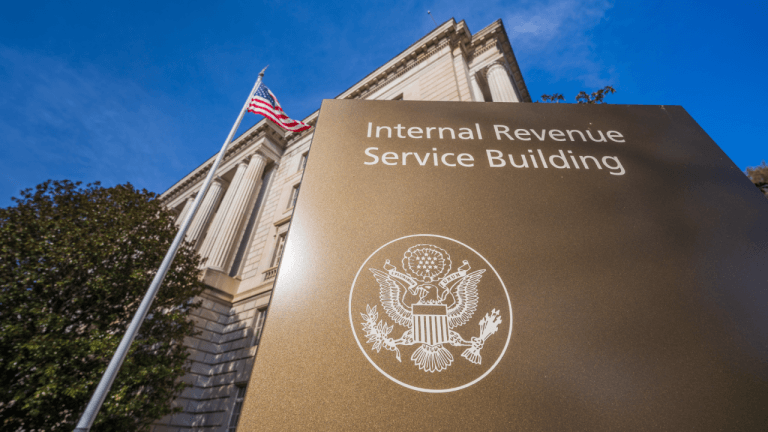I'm reading "The Bitcoin Standard," and I'm stuck trying to understand the following example.
From the book, page 19:
"Market demand for copper in its various industrial uses is around 20 million tons per year, at a price of around $5,000 per ton, and a total market valued around $100 billion.
Imagine a billionaire deciding he would like to store $10 billion of his wealth in copper. As his bankers run around trying to buy 10% of annual global copper production, they would inevitably cause the price of copper to increase.
Initially, this sounds like a vindication of the billionaire’s monetary strategy: the asset he decided to buy has already been appreciated before he has even completed his purchase. Surely, he reasons, this appreciation will cause more people to buy more copper as a store of value, bringing the price up even more.
But even if more people join him in monetizing copper, our hypothetical copper-obsessed billionaire is in trouble. The rising price makes copper a lucrative business for workers and capital across the world. The quantity of copper under the earth is beyond our ability to even measure, let alone extract through mining, so practically speaking, the only binding restraint on how much copper can be produced is how much labor and capital is dedicated to the job. More copper can always be made with a higher price, and the price and quantity will continue to rise until they satisfy the monetary investors’ demand; let’s assume that happens at 10 million extra tons and $10,000 per ton.
At some point, monetary demand must subside, and some holders of copper will want to offload some of their stockpiles to purchase other goods, because, after all, that was the point of buying copper.
After the monetary demand subsides, all else being equal, the copper market would go back to its original supply-and-demand conditions, with 20 million annual tons selling for $5,000 each. But as the holders begin to sell their accumulated stocks of copper, the price will drop significantly below that. The billionaire will have lost money in this process; as he was driving the price up, he bought most of his stock for more than $5,000 a ton, but now his entire stock is valued below $5,000 a ton. The others who joined him later bought at even higher prices and will have lost even more money than the billionaire himself."
While I get why, after the monetary demand subsides, the copper production returns from 30 tons to 20 tons per year, I really can't understand why the market values the copper price at $5000 per ton.
At that point in time, nobody has sold any copper yet. However, the copper price drops from $ 10,000 to $ 5,000.
I believe I'm biased by the stock and crypto market, for which, if nobody sells, the price doesn't drop. (Imagine the chart on tradingview).
What am I missing?
[link] [comments]

You can get bonuses upto $100 FREE BONUS when you:
💰 Install these recommended apps:
💲 SocialGood - 100% Crypto Back on Everyday Shopping
💲 xPortal - The DeFi For The Next Billion
💲 CryptoTab Browser - Lightweight, fast, and ready to mine!
💰 Register on these recommended exchanges:
🟡 Binance🟡 Bitfinex🟡 Bitmart🟡 Bittrex🟡 Bitget
🟡 CoinEx🟡 Crypto.com🟡 Gate.io🟡 Huobi🟡 Kucoin.




















Comments